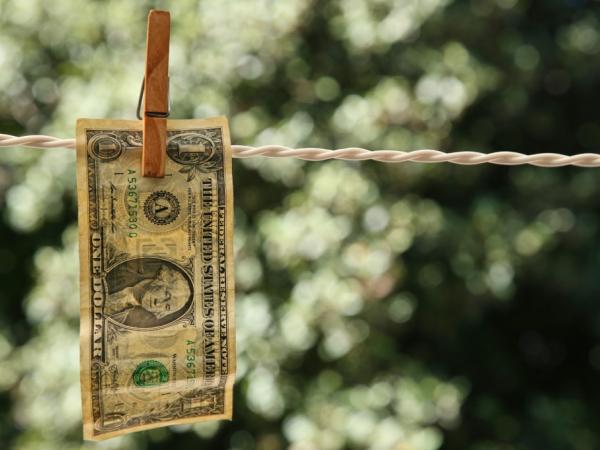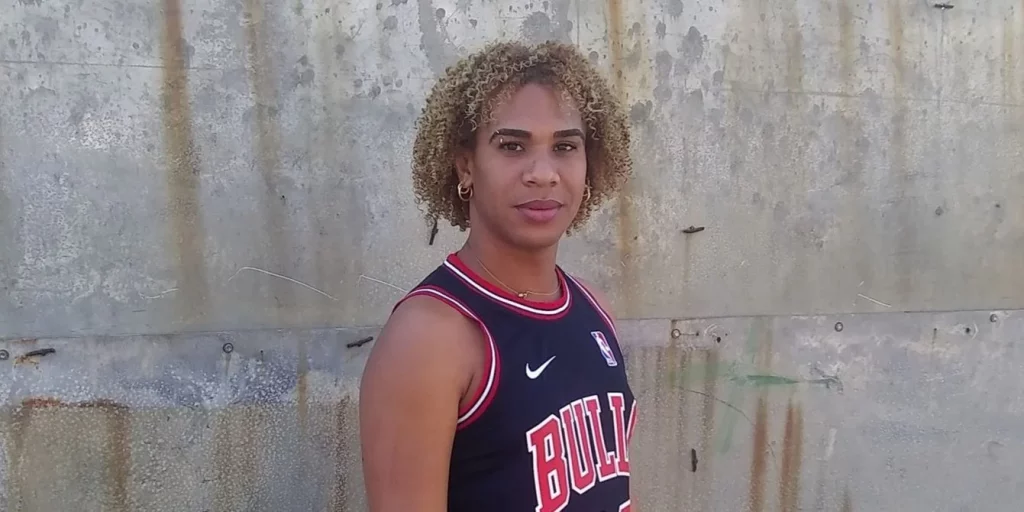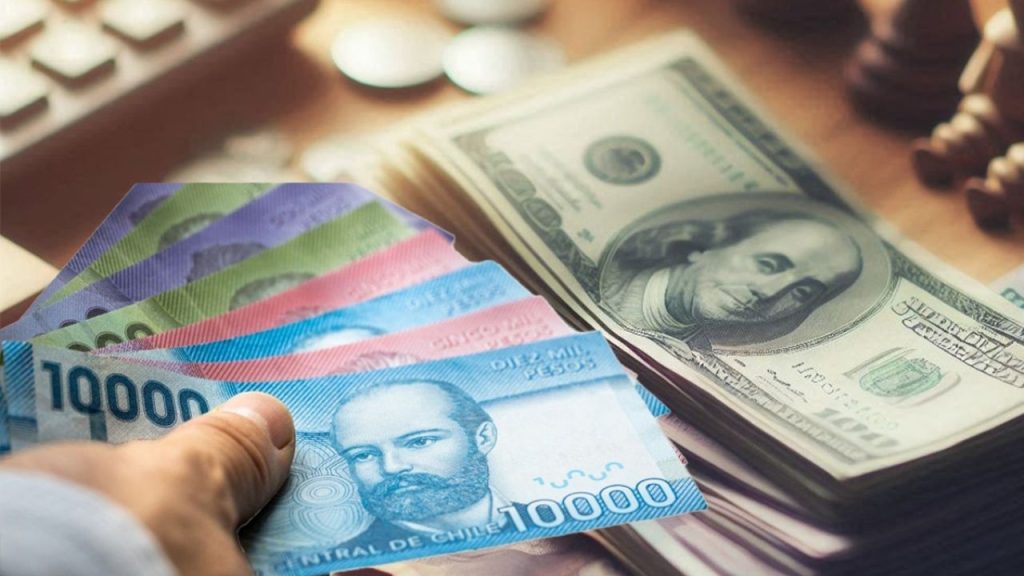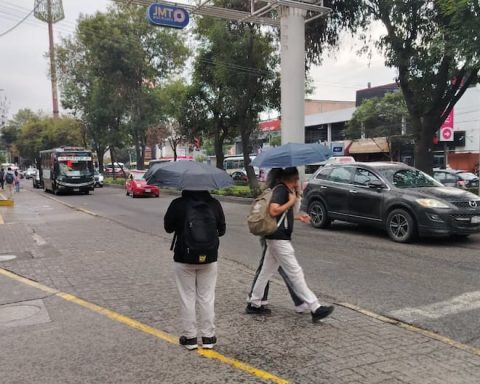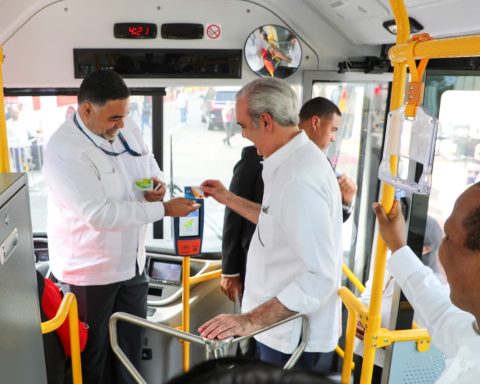Money laundering in Colombia does not let up and continues to grow at worrying levels. According to data from the Financial Information and Analysis Unit (UIAF), The entity annually receives an average of 600 warning signs of possible suspicious operations due to this illicit conduct..
(Read: Asset or money laundering: what does this crime consist of?).
Not to go too far, several stores of the renowned Japanese food restaurant chain Sushi Market were raided in July of this year by police and prosecutors as part of an operation related to alleged money laundering. The investigation had begun in February with the capture of Julio Andrés Murillo Figueroa, a drug trafficker who was in the crosshairs of the authorities of Colombia and Spain, and who was accused of exporting tons of cocaine to the Iberian country. After his arrest, the process of forfeiture of ownership of 20 properties valued at $11.3 billion began, among which are the aforementioned premises.
The striking thing about this case is that Sushi Market denied this person’s participation in the company’s shares and justified the growth of their profits thanks to a successful home plan that they implemented in the pandemic. However, The investigation is still ongoing and the company hopes to present evidentiary material that will help clarify this link.
(See: Money laundering, the scourge that continues to threaten companies in Colombia).
This case shows that any organization is not exempt, even if it is presumed innocent and has legal action, from being involved in illegal actions without even knowing it.
“That is why knowing in time how these illegal activities operate and what measures to implement is key to avoiding being victims”says Santiago Hernández, CEO of Tusdatos.co, a startup specialized in validation and compliance.
Best-known techniques for laundering assets in Colombia
To prevent this crime within organizations, the CEO of Tusdatos.co recommends adopting the following measures:
First: If your company distributes products that may be raw materials for illicit activities, know in detail the buyers and the destination that the merchandise will have with a correct KYC (Know Your Customer).
Second: Make sure that the suppliers of your sensitive products import the goods with all legal requirements.
Third: If you have a transport company, remember that it is essential to carry out user verification and regular controls to prevent your vehicles from being used to transport illicit goods or money.
Fourth: Before starting any business relationship with a new supplier, investigate their economic activity, background and experience in the sector to which they belong.
Fifth: If you usually carry out negotiations with distribution chains, do an exhaustive follow-up of the franchises, intermediaries, final beneficiary and, if possible, verify background, location, among others.
Finally, it is advisable to establish clear policies for money income to companies, return of products and capital, currency management, among others. Likewise, it is recommended to create a robust, clear and applicable risk management system for the company.
